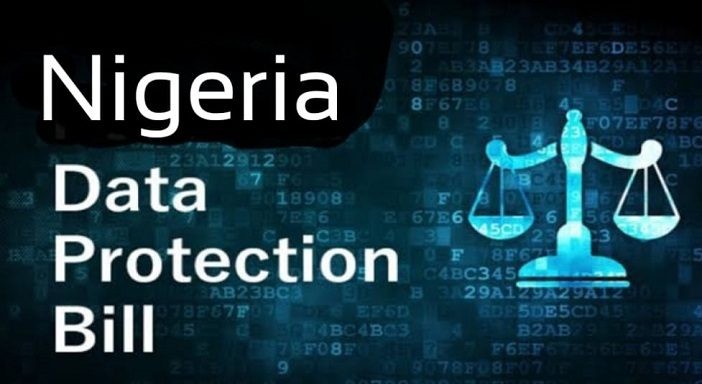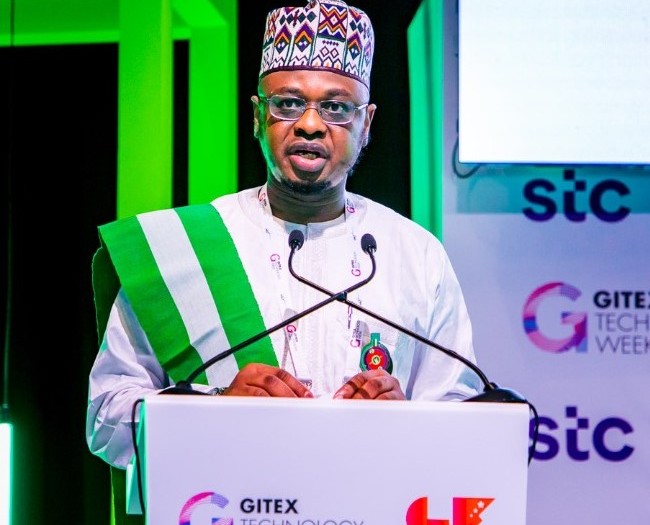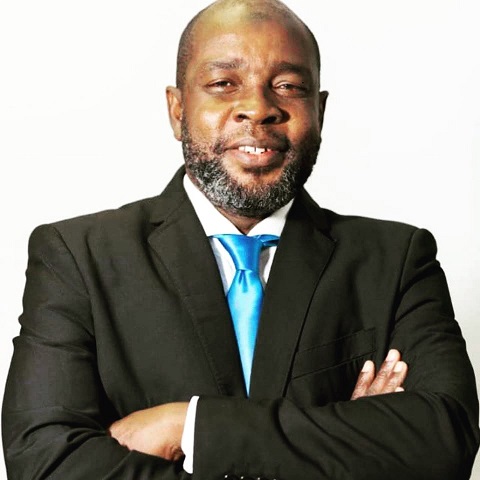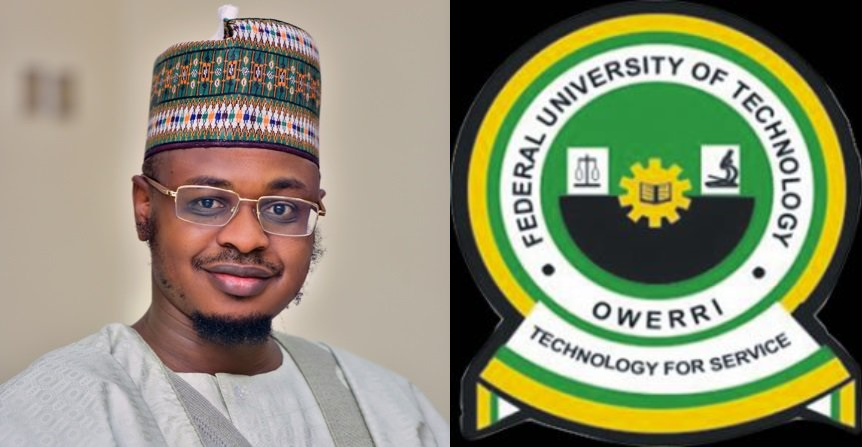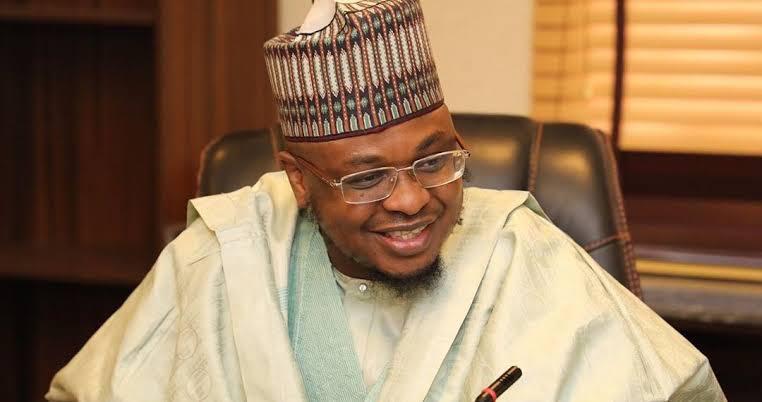Data protection legislation and the future of Nigeria’s digital economy
By Muhammad Mikail On the 12th of June 2023, President Bola Ahmed Tinubu signed the Nigeria Data Protection Bill into law, setting the historic course for a new data-protected Nigeria. As…
